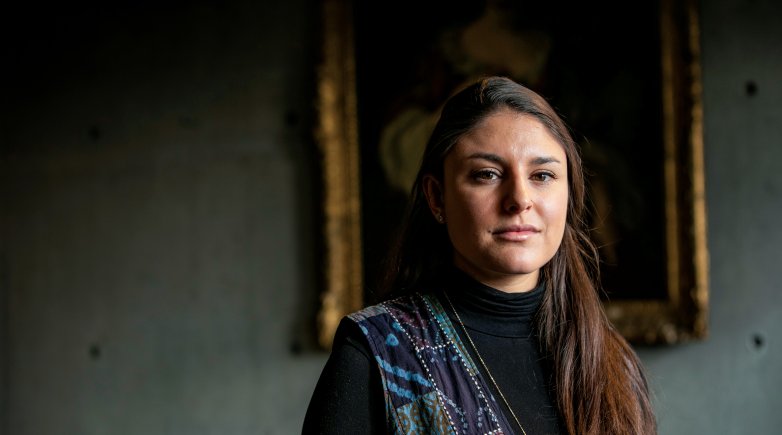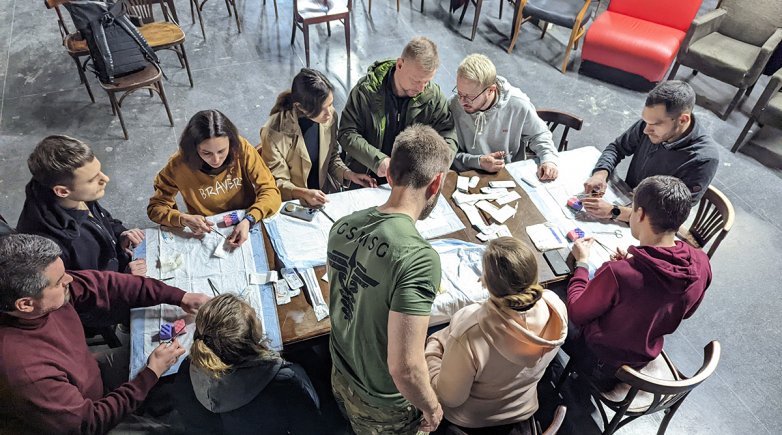And now, here we were, visiting our parents on the shore of Lake Michigan, some 26 years later. Women, yes. Messy, but not in the way she had meant.
She had watched me discover hands and here I was, too fatigued to use them. My fingers, too weak to plant a beach umbrella. Too numb to cut with fork and knife. I had been debilitated by long COVID for six months by then. On bad days, confined to bed. On better days, sedentary beside my loved ones. Trying, fumbling. Failing to translate into words how it felt to exist in my body.
“What did it feel like?” I ask recovered patients. “The brain fog?” As if the world were a video game, they tell me. Like a new dimension. Like stepping into a separate realm.
“What did it feel like?” I ask. “The fatigue?” Like being weighed down by sandbags. Like being pummeled by gravity and starved of oxygen, too.
“What did it feel like? The worst days?” Like being poisoned. As if an alien were inside of me, gripping my intestines with the strength of another world.
A new realm, an alien, a poison, a body laden with sandbags and starved of oxygen, too. Metaphors, all of these. But in illness, I wanted none of them.
A litany of great writers tells us we should not make a metaphor of illness. No poem, no imagery. No flowers to color the margins of this despair. One could trace this lineage to Susan Sontag — her blatant eschewal of metaphor in illness literature:
“My point is that illness is not a metaphor. And that the most truthful way of regarding illness — and the healthiest way of being ill — is one most purified of, most resistant to, metaphoric thinking,” she writes in her 1977 essay “Illness as Metaphor.”
When Sontag wrote those words, she had just finished three years of treatment for stage 4 breast cancer. A radical mastectomy, extensive radiation, and 30 months of chemotherapy. To list cancer treatments alongside Sontag’s name — something uncanny, if not disturbing, about this affiliation. For the very vocabulary of illness narrows a person. It streamlines complex being into generalized body. One sees the word “chemotherapy” and imagines a port, a vein, or a shaved head. The word “mastectomy” and a breast or a surgical instrument. In cancer, and in all illnesses, a person is reduced to simpler forms. To body parts and their associated instruments.
One can hardly imagine Sontag — all black everything (“the dark prince,” recalls writer Judith Grossman in The New Yorker), her gray streak in black hair. A stoic, thinking expression on her face. This revered woman of letters, this woman so emblematic of a life of the mind — now, a body.
In the early months of illness, I too saw illness as void. Illness as pain, pure and unanesthetized. Illness, emptied of any meaning we otherwise seek to weather this place, this life. Illness, isolated from anything touched by the well.
I clung to the words of Sontag and her successors. After all, whom else might I trust? Who else clutched, in their hands, the white sheet of the ghost they had once been? Who else knew what it meant to lose the person they thought they were — beneath the skin and blood they thought they knew?




